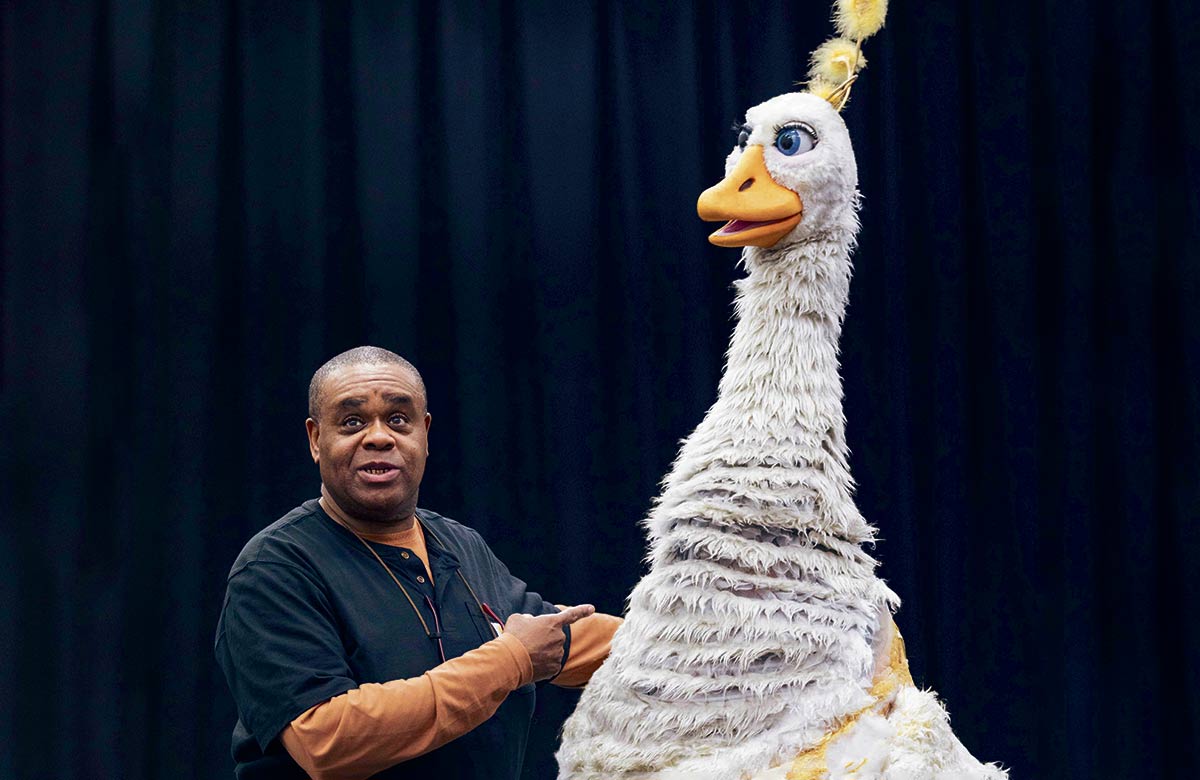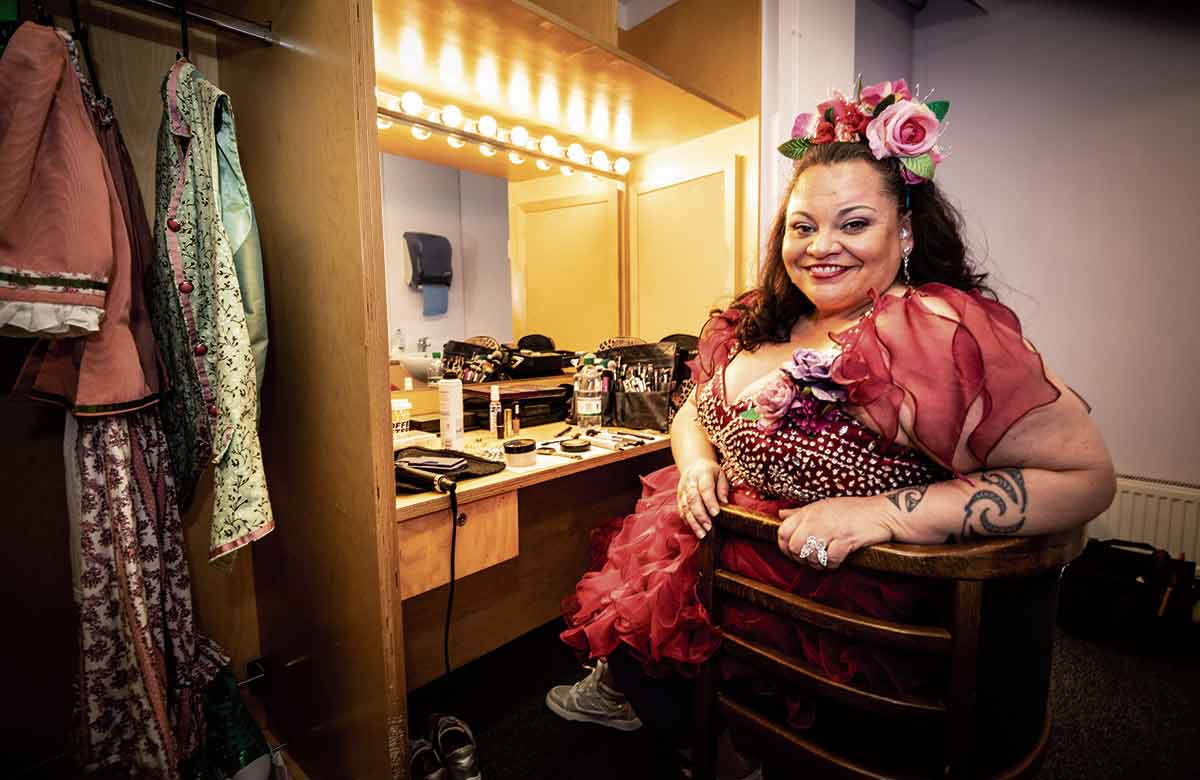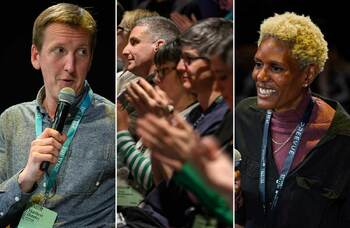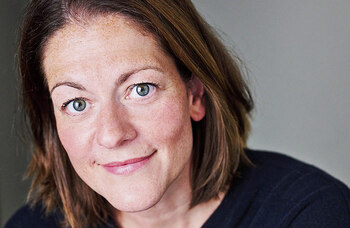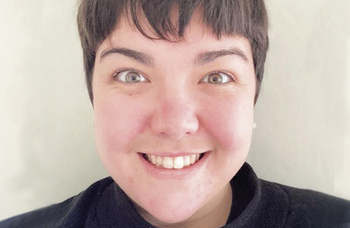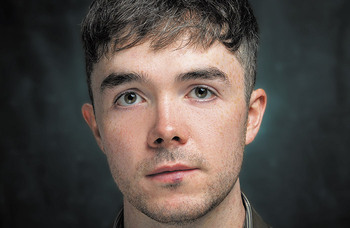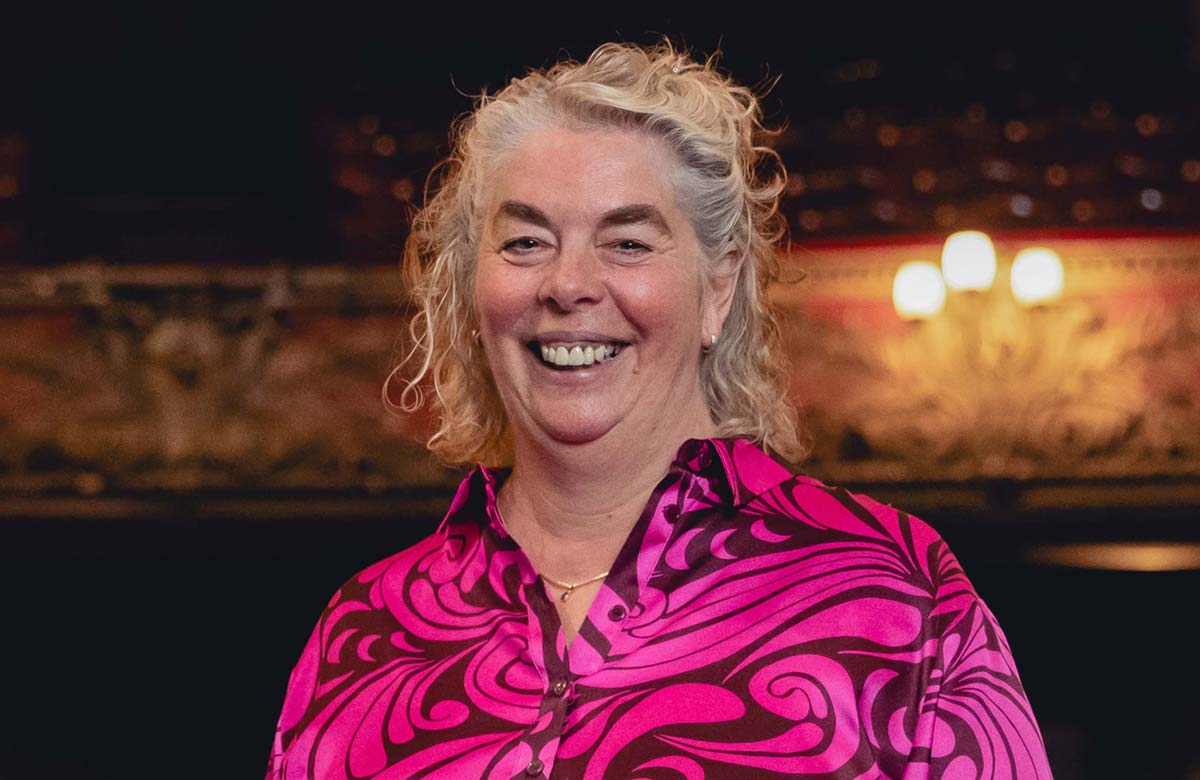From diversity to sustainability, panto is leading the way
Reflecting our changing society is part and parcel of pantomime’s broad appeal. Constant reinvention of the art form is vital for its future health and has always been a key feature of the genre, argues producer Paul Hendy
"Pantomimes are not what they were.” “Pantomime has had its day.” “I don’t see how pantomime can continue.” These quotes are not from reviews in 2022, but from 1831, 1846 and 1882 respectively. This begs the question: what is ‘traditional’ pantomime? The truth is that there is no such thing; the genre is constantly evolving – these days, faster than ever.
Unlike many West End Shows that remain mostly unchanged (some for decades), pantomime must constantly improve and evolve so it does not become ‘old hat’. A good pantomime must feel familiar but contain originality within that framework. Everyone expects topical gags and local references but, to be truly successful, it must have its finger on the pulse of much wider social changes as well as what have become societal norms.
Last year at Evolution Pantomimes we produced Jack and the Beanstalk at the Marlowe Theatre in Canterbury. This production featured, I believe, the first openly gay relationship in a large-scale commercial pantomime. At the end of the show, Jack (Duncan James) came out to his mother, Dame Trot (Ben Roddy).
During rehearsals we didn’t know how audiences would respond and there was a moment when we nearly cut the scene altogether. On the opening night, Duncan and Ben played it totally straight (no pun intended) and when Jack told his Mum that he didn’t love Jess, but loved Billy instead, the reaction was overwhelming: 1,200 people clapped and cheered, and this reaction was consistent across all 83 performances. During the run, 90,000 people cheered their approval. It was incredibly emotional for everyone involved. One company member – a gay man in his 50s – came up to me at the end of the run and said: “I’ve waited my whole life to hear that level of acceptance.” Is it what some would call ‘traditional’ pantomime? Maybe not, but it was wonderful all the same.
I thought we were being groundbreaking, but my children didn’t bat an eyelid
In our production of Sleeping Beauty at the Lyceum Theatre in Sheffield, Lucas Rush stole the show as our villain. They played a non-binary Carabosse, the evil fairy. I thought we were being groundbreaking, but my children (10, 13 and 17... I know what you’re thinking: funny names for kids) didn’t even bat an eyelid. They totally accepted it as part of the story – and why wouldn’t they? It is part of our society and pantomime must reflect that.
Arguably, more than any other genre, pantomime is an art form that is entertainment for the masses, which makes this level of representation vitally important. Pantomime has always reflected the communities we live in and glancing at the pantomime posters from across the country for this upcoming season, it’s clear to see that producers are working very hard to increase the representation in their shows. Of course, casting must always be talent-led, but this level of diversity and inclusivity is in a much better place than it ever has been historically – and we are proud to be a part of this evolution to ensure pantomime is relevant and relatable.
How else is pantomime evolving? A word that springs to mind is quality. The quality of pantomime productions has improved immensely over the past 15 years. Before I began producing, I appeared as a performer in more than 25 pantomimes. I’ll be totally honest – some of them were rubbish. They had poor sets and terrible costumes. I was once given a 15-page script and told to make up the rest.
These days, the production values of many shows are of a West End standard, and the talent that the genre now attracts is extremely impressive. This year, we have the likes of Carrie Hope Fletcher and Keala Settle in our productions, and I can’t wait to see Ian McKellen give his Mother Goose for Ambassador Theatre Group. I accepted a long time ago that pantomime will never be ‘cool’, but when Sir Ian played Widow Twankey at London’s Old Vic, it undoubtedly gave legitimacy and kudos to the genre.
Is McKellen’s Mother Goose another evolution in pantomime? For years, we’ve seen Easter pantomimes in smaller-scale theatres but, with a large-scale production of Mother Goose touring from January until April, will we start to see more mainstream pantomimes appearing outside the traditional Christmas period? I can see how, with the reported death knell of touring theatre, pantomime might fill those extra weeks. Producers have sets and costumes sitting in their stores for 46 weeks of the year and, commercially, they would undoubtedly sell well. However, I think it would be a real shame if pantomime started migrating to Easter and I fear it could kill the golden goose.
Pantomime is becoming socially aware but not just in reflecting our communities. We are also, finally, more conscious of our impact on the environment. For the first time in 17 years, Evolution is going digital with our scripts. We’ll be emailing, rather than printing, more than 400 scripts (each script is about 70 pages long). In the stores where we make the sets and costumes, we have an energy-saving initiative and are working very hard to recycle all wood, paper and cardboard (some people say I’ve been recycling jokes for years).
One final progression: we have recently been in talks with Equity about the possibility of using its contracts for our pantomimes. I am not aware of any commercial pantomime producers currently using Equity contracts. I think we have all been very fair to our companies, but an Equity contract is another step towards pantomime becoming, dare I say, ‘legit’. Who would have believed it? Commercial pantomime producers using Equity contracts? Now that would be an evolution.
Opinion
Recommended for you
Advice
Recommended for you
Most Read
Across The Stage this weekYour subscription helps ensure our journalism can continue
Invest in The Stage today with a subscription starting at just £7.99
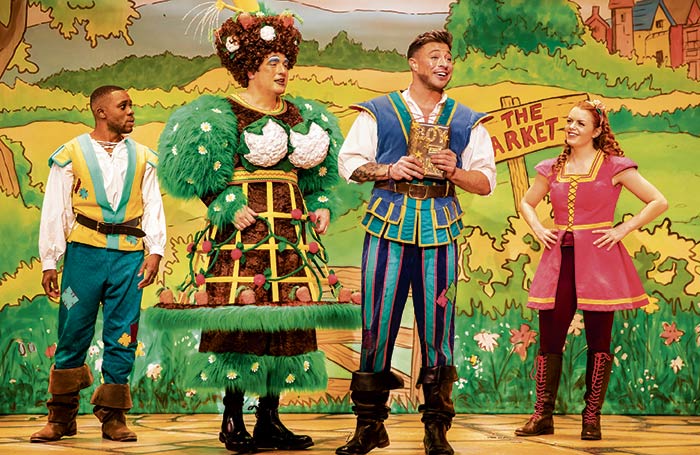
 Paul Hendy
Paul Hendy